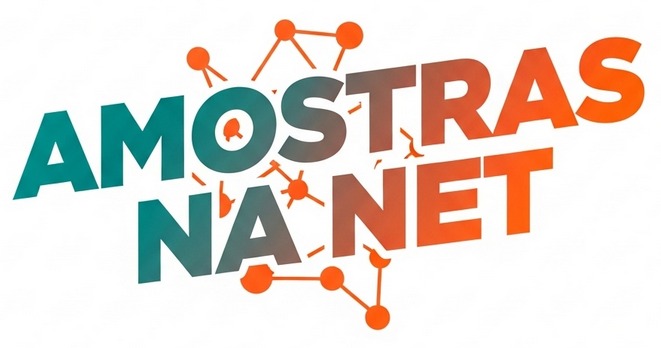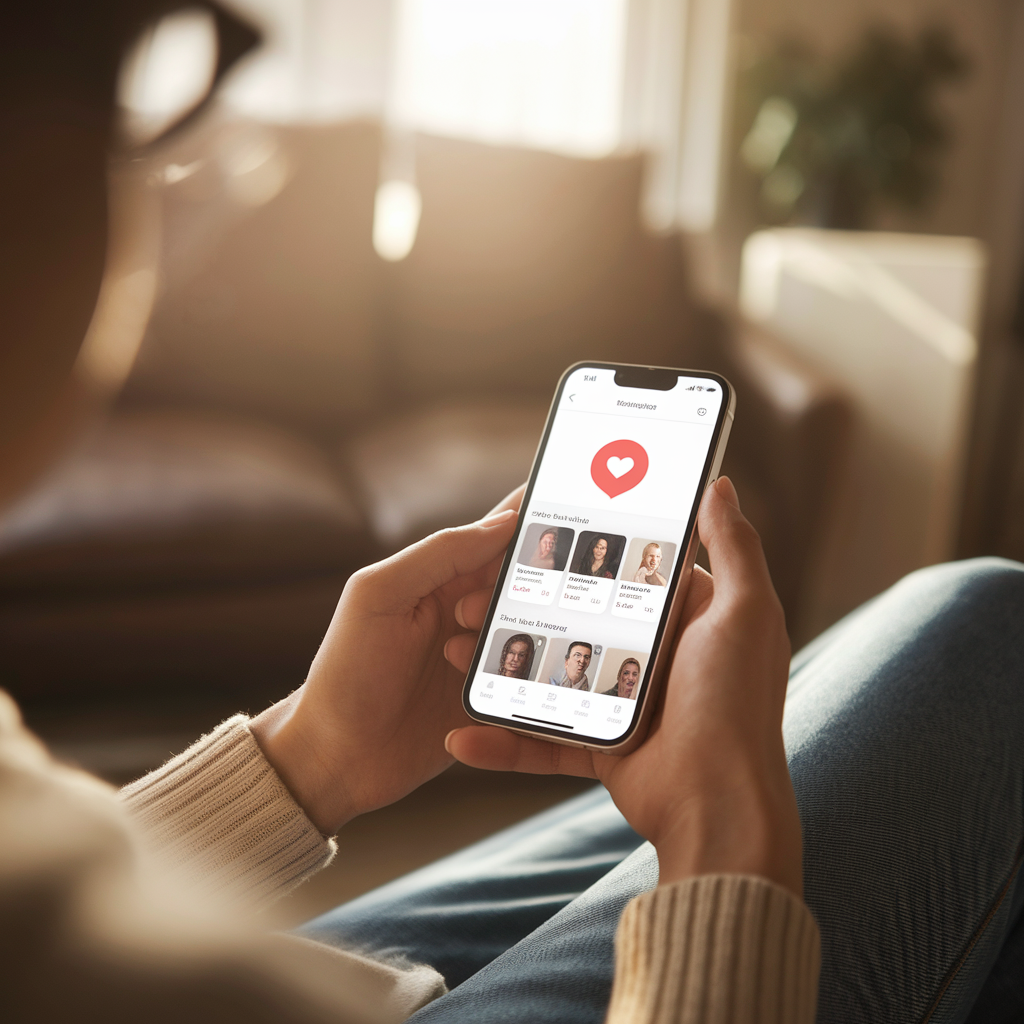You pick up your phone, open the familiar app, and your thumb starts its almost robotic dance: swipe left, swipe left, swipe right, swipe left. The faces begin to blur into one another, the witty bios start to sound the same, and the initial spark of hope you once felt has dwindled to a dull, persistent exhaustion. If this sounds painfully familiar, you’re not alone. You’re experiencing a very real and increasingly common phenomenon.
This feeling of fatigue, cynicism, and emotional depletion from using dating apps has a name: dating app burnout. It’s the point where the quest for connection starts to feel more like a thankless job. But recognizing it is the first step toward reclaiming your sanity and your love life. This guide will walk you through what’s really happening and provide actionable steps to navigate and overcome it.
What Exactly Is Dating App Burnout?
Think of professional burnout—the emotional, physical, and mental exhaustion caused by excessive and prolonged stress. Dating app burnout is its romantic equivalent. It’s a state of exhaustion resulting from the constant pressure, repetitive actions, and emotional investment required for online dating, often with little to no perceived reward. It’s more than just being tired of swiping; it’s a deeper sense of disillusionment with the entire process.
When you first joined, it was likely exciting. Every match was a new possibility, every conversation a potential story. Over time, the endless cycle of creating a perfect profile, crafting clever openers, engaging in superficial small talk, and facing rejection or ghosting can wear down even the most optimistic dater. This cumulative stress leads to a feeling of detachment and a cynical outlook on finding a meaningful connection through these platforms.
Signs and Symptoms to Watch For
Burnout can sneak up on you, masquerading as just a “bad week” of dating. Recognizing the specific signs is crucial for taking action. See if any of these resonate with you:
- It Feels Like a Chore: Swiping, matching, and messaging no longer feel exciting or hopeful. Instead, it feels like an obligation or another task on your to-do list that you dread.
- Increased Cynicism or Pessimism: You find yourself immediately looking for flaws in new profiles or assuming a conversation will go nowhere before it even begins. You might think, “They’ll probably just ghost me anyway.”
- Emotional Numbness: Getting a new match or even being unmatched or ghosted doesn’t elicit much of a response anymore. The emotional highs and lows have flattened out into a general state of indifference.
- Decision Fatigue: The sheer volume of choices becomes overwhelming. You struggle to decide who to swipe right on or who to message back, leading to inaction.
- Low Self-Esteem: You start internalizing the lack of matches or fizzled conversations as a reflection of your self-worth, leading to feelings of inadequacy or being “not good enough.”
- The Delete-Redownload Cycle: You frequently delete the apps in a fit of frustration, only to reinstall them a few days or weeks later out of loneliness or boredom, restarting the burnout cycle.
Why Does Dating App Fatigue Happen? The Core Reasons
Understanding the “why” behind your burnout can empower you to counteract it. It’s not a personal failing; it’s often a natural reaction to the way these platforms are designed and how we interact with them.
The Paradox of Choice
Logically, having more options should increase our chances of finding a great match. Psychologically, however, it does the opposite. This phenomenon, known as the paradox of choice, suggests that an abundance of options can lead to anxiety, decision paralysis, and dissatisfaction. With a seemingly infinite pool of potential partners, we’re haunted by the “what if” – what if someone better is just one more swipe away? This prevents us from committing to or fully appreciating the connections we do make.
Gamification and Dopamine Loops
Dating apps are expertly designed to keep you engaged. The swiping mechanism, the surprise of a new match, the notification of a new message—these all trigger small releases of dopamine in the brain, the same neurotransmitter associated with pleasure and reward. Much like a slot machine, the rewards are intermittent and unpredictable, which makes the process highly addictive. You keep swiping in hopes of getting that next dopamine hit, but when these “rewards” don’t translate into meaningful real-world connections, the cycle leads to frustration and exhaustion.
The Pressure to Perform
Online dating requires you to be a marketer, a copywriter, a comedian, and a conversationalist all at once. You have to distill your entire personality into a few photos and a short bio. Every interaction, from the opening line to scheduling a date, feels like a performance. This constant pressure to be “on”—to be witty, interesting, and attractive—is mentally draining and can feel deeply inauthentic, contributing significantly to dating app stress.
Rejection and Ghosting Culture
The digital nature of these apps creates a sense of detachment, making it easier for users to engage in behaviors like ghosting—abruptly ending communication without explanation. While rejection is a normal part of dating, the sheer frequency and ambiguity of it on apps can be uniquely damaging. Each unanswered message or sudden silence can feel like a small personal blow, and the cumulative effect can erode your confidence and resilience. The rise of ghosting has made the dating landscape feel more unstable and emotionally taxing.
A Strategic Guide to Handling Dating App Burnout
Feeling burnt out is a sign that your current approach isn’t working for you. It’s time for a reset. Follow these steps to recover and build a healthier relationship with dating.
Step 1: Acknowledge and Accept It’s Okay to Take a Break
The most important first step is to give yourself permission to stop. You are not failing or giving up. You are strategically pausing to protect your mental well-being. Fighting through burnout will only deepen your cynicism. Acknowledging that you need a “dating detox” is an act of self-care and the first step toward recovery.
Step 2: The Digital Detox – How to Do It Right
A break is only effective if you truly disconnect. Merely turning off notifications isn’t enough.
-
- Delete the Apps: Remove the apps from your phone completely. This eliminates the temptation to “just check” and creates a real mental separation.
- Set a Timeframe: Decide on a specific duration for your break, whether it’s one week, one month, or even longer. Having a defined endpoint makes the break feel intentional rather than indefinite.
_
- Communicate Clearly: If you’re in the middle of a promising conversation, it’s courteous to send a brief message like, “I’m taking a break from the apps for a bit to reset, but I’ve enjoyed chatting with you.” This provides closure and leaves the door open if you choose.
Step 3: Reconnect with Yourself and Your World
Use the time and mental energy you’ve reclaimed to reinvest in the most important relationship: the one with yourself. This isn’t just about waiting out the clock; it’s about actively refilling your cup.
- Nurture Your Hobbies: Pick up that guitar, finish that painting, join that hiking group. Engaging in activities you love builds confidence and brings joy independent of your relationship status.
- Strengthen Platonic Bonds: Invest quality time in your friendships and family. These relationships provide the love, support, and connection you might have been seeking from apps.
- Focus on Personal Goals: Make progress on that career certification, start a new fitness routine, or plan a solo trip. Achieving personal milestones is incredibly empowering.
- Practice Mindfulness: Use journaling, meditation, or simply quiet reflection to process your feelings about dating. Understand what you truly want and need from a partner.
Step 4: Redefine Your Dating Goals and Strategy
Before you even consider reinstalling an app, take the time to conduct a personal strategy session. A burnout-inducing approach is often vague and passive. A mindful approach is clear and intentional. Use this table to compare the old mindset with a new, healthier one.
| Burnout-Inducing Habit | Mindful Dating Strategy |
|---|---|
| Mindless Swiping: Using apps out of boredom or to kill time, swiping on hundreds of profiles without real thought. | Intentional Selection: Setting aside a specific, short time for the app. Carefully reading profiles and only swiping right on people who genuinely align with your values and what you’re looking for. |
| Seeking Validation: Using matches and messages as a measure of your attractiveness or worth. | Seeking Connection: Focusing on the quality of conversations, not the quantity of matches. Prioritizing genuine interaction over ego boosts. |
| Generic Profile & Chat: Using clichés in your bio and sending “hey” as an opener, leading to boring conversations. | Authentic Self-Presentation: Creating a profile that truly reflects your personality, interests, and humor. Starting conversations by referencing something specific in their profile. |
| Endless Texting: Getting stuck in long, drawn-out text conversations that never lead to an actual date. | Moving Towards a Date: After a reasonable amount of engaging chat, suggesting a low-pressure meeting (like coffee) to see if the connection exists offline. |
Returning to the Apps (or Not): A Mindful Approach
After your detox and re-evaluation, you may decide to return to online dating, or you may decide it’s not for you. Both are valid choices. If you do return, do so with a new set of rules to protect your peace.
Setting Healthy Boundaries
Boundaries are your best defense against future burnout. This is about using the apps on your terms.
- Time-Box Your Usage: Dedicate a specific, limited window to the apps each day (e.g., 20 minutes after work). When the time is up, close the app and don’t reopen it.
- Turn Off Push Notifications: You decide when to engage with the app; don’t let it decide for you. Constant pings and alerts keep you in a reactive state.
- Limit Your Conversations: Instead of trying to juggle ten mediocre chats, focus on 1-3 promising connections at a time. This allows for more meaningful and less overwhelming interactions.
- Practice Mindful Dating: Don’t swipe when you’re feeling lonely, bored, or have had a bad day. Use the apps when you are in a positive and clear state of mind.
Exploring Alternatives to Online Dating
Remember that dating apps are a tool, not the only path to a relationship. Actively create opportunities to meet people organically. This not only reduces reliance on apps but also enriches your life in general.
-
- Join Social Groups: Find a local club for a hobby you enjoy, like a book club, sports league, running group, or board game night.
–
- Volunteer: Connect with people who share your values by volunteering for a cause you care about.
- Take a Class: Sign up for a workshop or class—cooking, pottery, a new language—to meet new people in a low-pressure learning environment.
- Leverage Your Network: Let your trusted friends know that you’re open to being set up. They know you well and can be great matchmakers.
Protecting Your Mental Health in the Digital Dating World
Ultimately, navigating modern dating is a marathon, not a sprint. Your mental health should always be the top priority. Remind yourself, repeatedly, that your value as a person has absolutely nothing to do with an algorithm, your number of matches, or whether someone replies to your message.
Focus on the process of self-discovery and connection rather than fixating on the outcome of finding “the one.” Be compassionate with yourself. Some days will be more encouraging than others. The key is to build a dating life, whether online or off, that adds to your happiness rather than subtracting from it. By taking control, setting boundaries, and staying true to yourself, you can learn how to handle dating app burnout and approach the search for connection with renewed energy and optimism.

